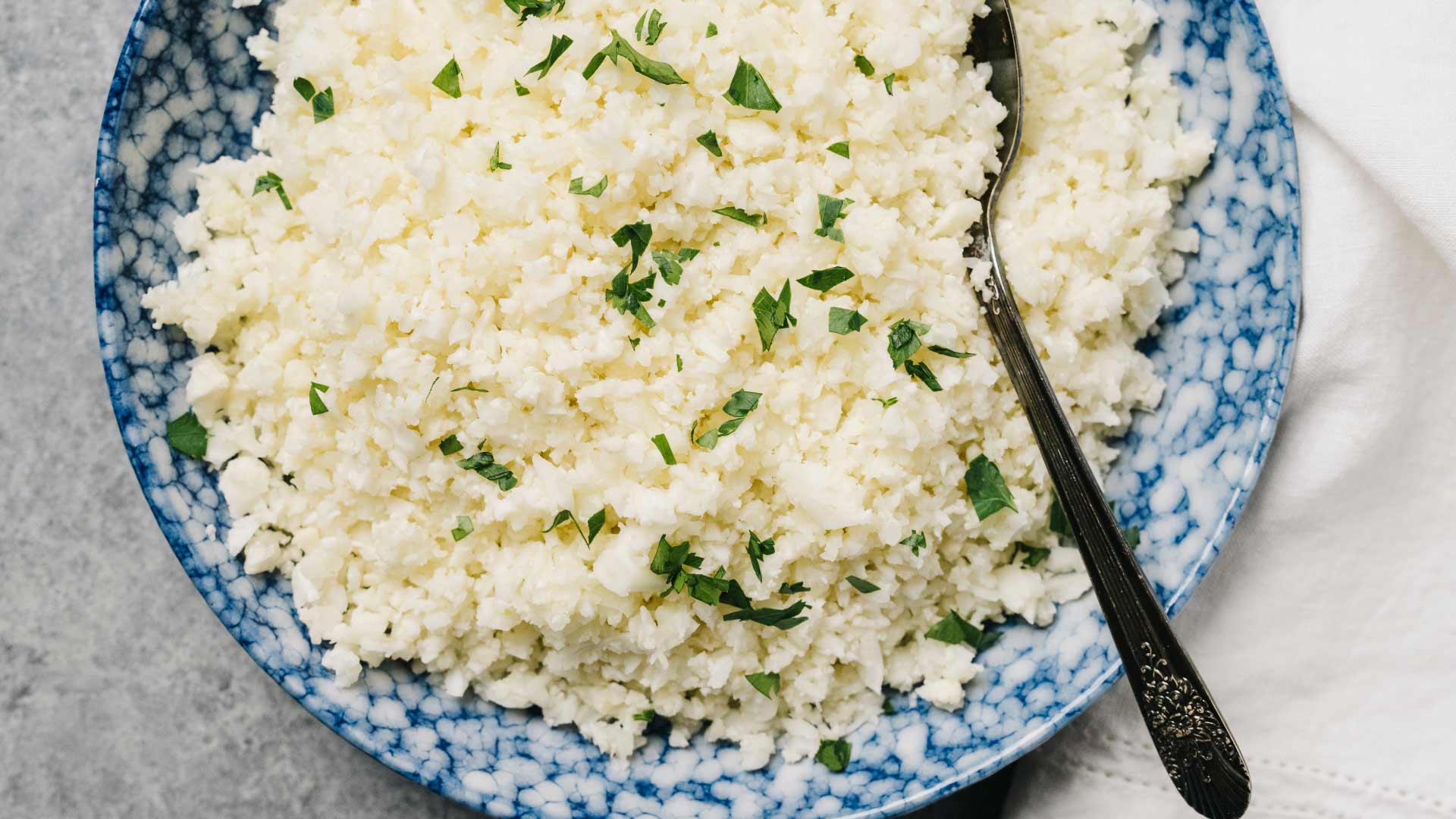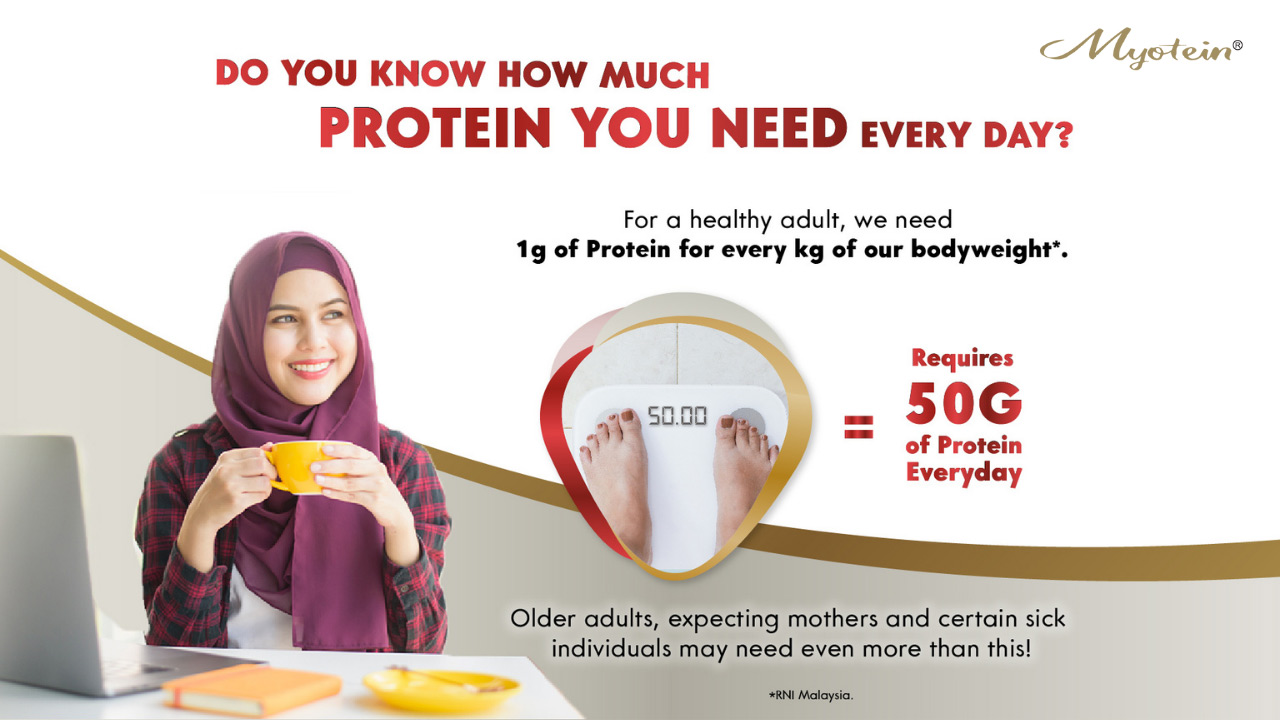Low energy levels, fatigue, brain fogs, indigestion, extreme hunger pangs or cravings… do these sound familiar to you when it comes to fasting during the Holy Month of Ramadan?
Well, you’re not alone, for these are some common issues we face when we fail to eat right during Sahur.
There are various benefits if we manage to eat right during Sahur. Some of them include better energy levels, better metabolism, prevent hunger pangs and cravings, more stable blood sugar levels, prevent fatigue and better mental alertness, and overall giving us a better mood throughout the day until we break our fast.
When it comes to eating right during Sahur, we should focus on the quality and balance of nutrients we are getting, and not on the portion size. We have to make sure we are not just eating large portions of carbohydrates such as rice or noodles, which is a mistake most Malaysians commonly do.
While carbohydrates are an important source of energy, we have to make sure we are also getting a good balance of other nutrients, such as our proteins and fibers.
In fact, proteins and fibers are the ones that give better satiety over carbohydrates. Some good quality protein sources are such as eggs, fish, chicken, beef, milk, tofu, tempeh, beans and so on, while good fibers can be easily acquired from vegetables, fruits and legumes.

Because rice and noodles are Malaysian food staples, it’s common for Malaysians to overeat carbohydrates.
During fasting, because we are skipping meals in between, the lack of protein is an apparent issue which most Malaysians commonly face but are not aware. This is very common due to rice and noodles being our staple food, where carbohydrates are consumed in much larger quantities and proteins are often less prioritised.
This is why it is important to get adequate proteins during Sahur. Doing this at the first meal helps to sustain fasting more effectively because proteins give higher satiety as it is digested more slowly, which in return helps to prevent blood sugar spikes and keep cravings and hunger pangs at bay, maintain a better mood and mental alertness over a longer period of time.
Protein is a very important macronutrient: a key nutrient which our body needs in a large quantity every day.
Known as “Building Blocks of Life” for healing and restoration, protein does not only benefit our muscles, but are constantly required to renew and repair our body cells and tissues, regulate various metabolic functions in our body, and support our immune system.
Another interesting fact is our body does not store proteins, so unlike fats or carbohydrates (which turns the excess into sugar), proteins are utilised constantly every day for our cells, tissues, and various important functions.

According to the Recommended Nutrient Intake of Malaysia (RNI), the ideal protein intake for a healthy adult is 1g of protein for every kg of his or her body weight. This means, if a person weighs 60kg, he or she should ideally be getting 60g of protein every day.
For some, getting proteins from food sources during Sahur could be a challenge due to a poorer appetite early in the morning, poor health conditions, lack of time to cook and other factors. If you face these issues, what you could at least do is to ensure you get a protein-rich, nutritious beverage like a high protein smoothie using oats, kurma and good quality protein powders together.
However, I wouldn’t suggest protein shakes due to their high sugar content. For convenience’s sake though, I would suggest adding pure protein powder such as whey protein concentrate into a breakfast drink of choice such as a cereal drink, cocoa, coffee, tea, milk or yogurt. Be sure to read the labels and avoid anything that has added sugar or flavoured.
More than just how much you eat, what you eat is so much more important to last you through the day as you fast. Getting Sahur right is indeed essential to a healthier and more wholesome Ramadan.
Selamat berpuasa!
This article is written by Rushda Adiba Ismail, Clinical Dietitian from KPJ Damansara Specialist Hospital for Valens Nutrition (www.valensnutrition.com).
Disclaimer: This Website Does Not Provide Medical Advice
The information, including but not limited to, text, graphics, images and other material contained on this website are for informational purposes only. No material on this site is intended to be a substitute for professional medical advice, diagnosis or treatment. Always seek the advice of your physician or other qualified healthcare providers with any questions you may have regarding a medical condition or treatment and before undertaking a new health care regimen, and never disregard professional medical advice or delay in seeking it because of something you have read on this website.


